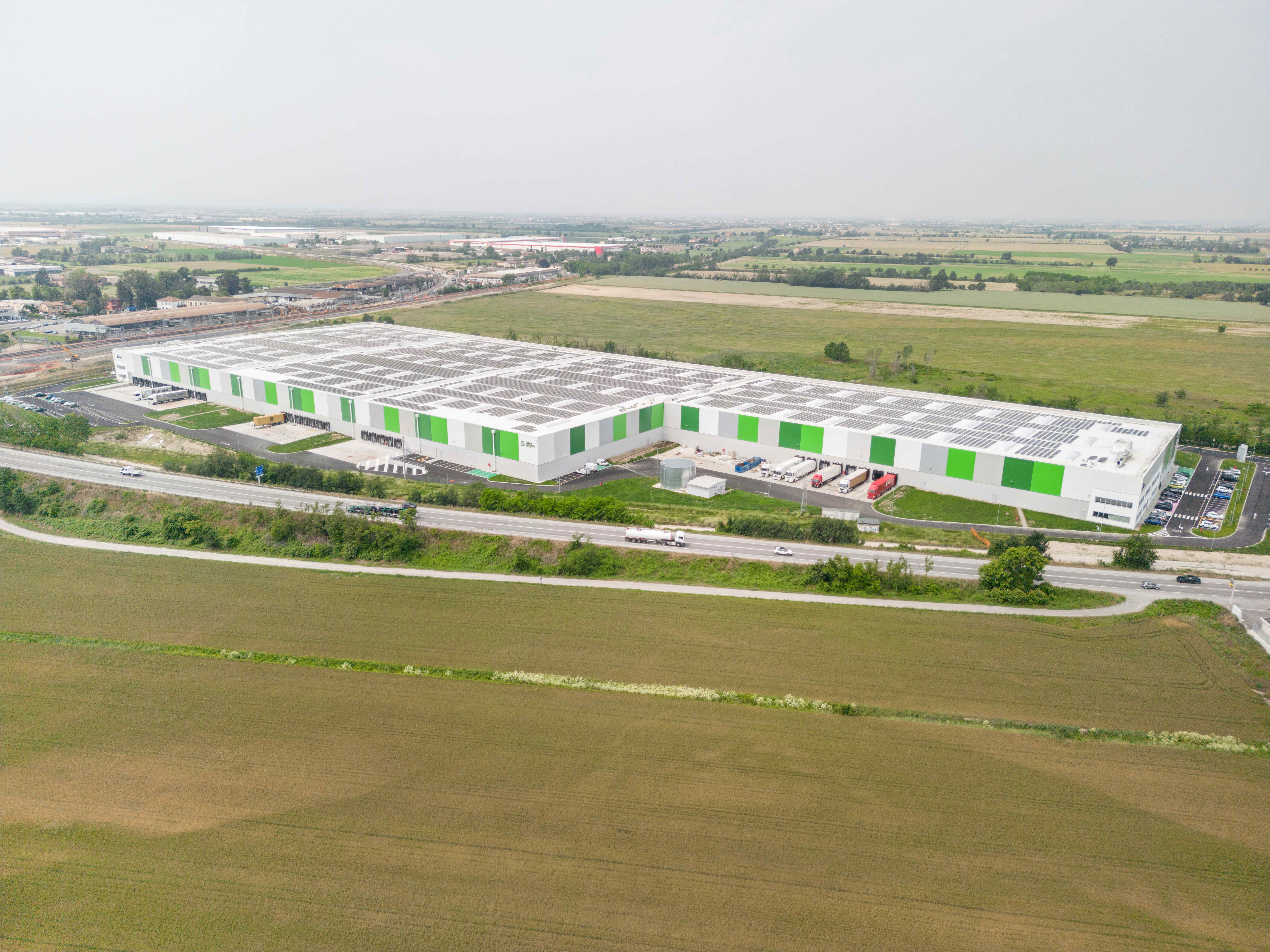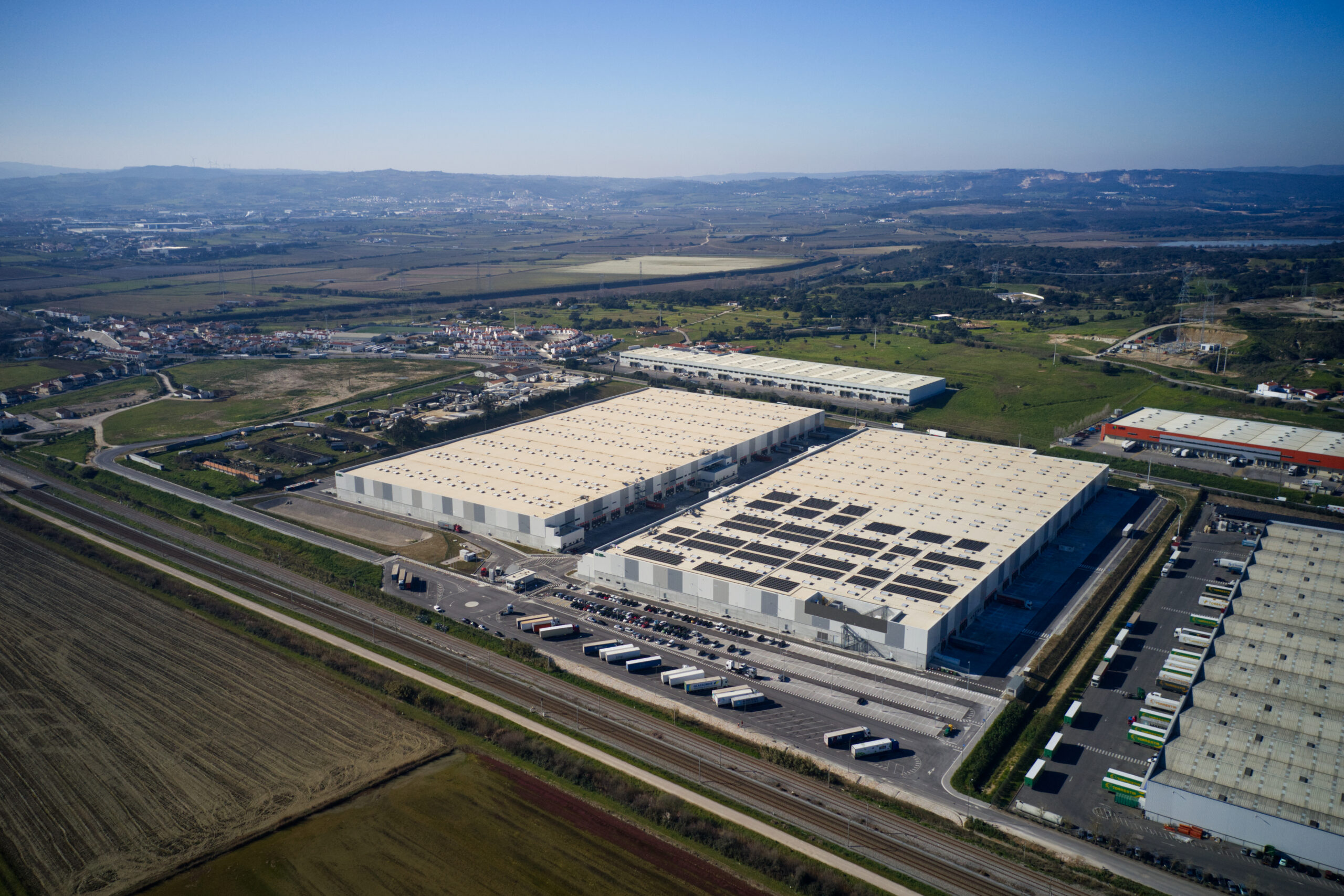Benefits of sustainable logistics centres for the environment and companies

Sustainable and energy efficient logistics centres are gaining popularity in a world that is increasingly aware of sustainability and protecting the environment. In this article, we will explore how the different benefits of sustainable logistics centres can impact the environment, and how the companies that operate these centers benefit. Keep reading!


Benefits for the environment
The logistics sector is focusing more on reducing its carbon footprint and creating sustainable logistics centres. It is doing this by implementing measures throughout the entire development process to minimise greenhouse gas emissions. For example, by equipping logistics centres with roofs that have been designed to accommodate large photovoltaic facilities, it is possible to generate renewable energy (specifically, solar energy) to power the operations performed at the centre. Solar thermal energy systems and air source heat pumps are also being installed to generate domestic hot water.
Protecting natural resources
Developers of sustainable logistics centres work hard to protect natural resources by implementing measures that prioritise environmental responsibility by optimising water consumption. These measures include systems to capture and retain rainwater so no public water network connection is needed, as is the case with our logistics projects at Rainha Green Logistics Park in Azambuja (Portugal) and Tortona Green Logistics Park in Piedmont (Italy).
Developers also use other measures such as LED lighting in warehouses, electric vehicle charging points, bicycle parking stations, etc.
These practices help to preserve natural resources and ensure they are used responsibly. This makes committing to the United Nations’ Sustainable Development Goals (SDG) a matter of course. The main aims of sustainable logistics centres include providing access to non-contaminating and inexpensive energy and building sustainable infrastructure in accordance with innovative design criteria to improve energy efficiency.


Protecting biodiversity and supporting local communities
Protecting biodiversity is another important criterion to consider when building sustainable logistics centres, which is why these centres adopt practices that minimise their impact on the surrounding ecosystems. For example, measures are implemented to protect and restore nearby natural areas. Developers also provide spaces for people who live in the municipality to use and help build infrastructure to aid travel to and from adjacent regions. An example of this is our Rainha Green Logistics Park logistics centre, where we have given part of our land to the local municipality and built a roundabout to improve access.
Logistics platforms and social responsibility
Sustainability is one of the main objectives of corporate social responsibility, and it plays a crucial role in a company’s corporate image.
The property and logistics market is becoming more interested in logistics platforms that have been designed to be energy efficient. These types of facilities offer two advantages, as they also help occupants to comply with their environmental, social and governance, and corporate social responsibility policies.
Overall, sustainable logistics platforms play a very important role in helping business operators reach specific corporate social responsibility targets.
Complying with environmental regulations
Companies are faced with ever stricter environmental regulations, and sustainable logistics centres can help companies comply with these regulations. Furthermore, companies can demonstrate their commitment to protecting the environment by adopting sustainable practices.
A more efficient supply chain
Using sustainable practices in logistics centres is not just about caring for the environment, as it is becoming increasingly clear that they also impact on a company’s activities. For example, the use of tracking and monitoring technologies can optimise transport routes and reduce delivery times.
Efficient stock management can also prevent wastage and minimise associated costs. These efficiency improvements can have a significant impact on a company’s profitability.
In summary, by committing to the environment and sustainability, companies can generate returns both for themselves and the planet.










